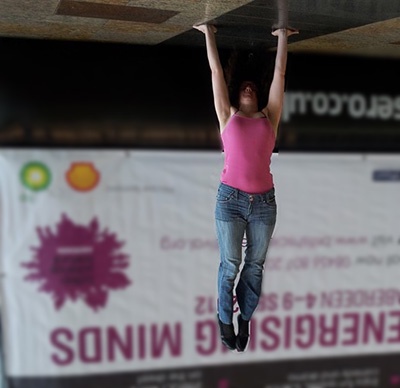Impact and Public Engagement
The impact agenda has changed the way researchers and reviewers consider research grant proposals. Pathways to impact are now almost always mandatory, where applicants have to demonstrate they have considered the stakeholders and potential beneficiaries of the research and outlined how they might interact with them. The signals are that impact in research will be ever more important beyond the current REF period, making it vital to consider as part of the creative process in forming research proposals.
Since the public is a major beneficiary, ultimately, in much of the research being conducted within Universities, it is not surprising that public engagement as a pathway to impact has been identified as one of the most relevant features to embed in research proposals.
There are other strands, such as economic and policy impact, that should also be considered. As such, public engagement is one pillar of an impact strategy, albeit may be the most pervasive for some proposals.
Research Grants and Public Engagement
One of the most frequently asked questions around public engagement is how it can feature within research funding applications, fellowship applications or pathways to impact statements. To assess this, you must first consider who the beneficiaries and stakeholders in your research proposal are. If the public feature in the mix, then how they will be engaged through the research process forms the basis of your engagement strategy. The process of this engagement is one type of pathway to impact. Where appropriate, we strongly recommend embedding public engagement throughout the case for support and cross-reference this to the pathways to impact statement. The considerations around how this might look, or take shape, are influenced by the answers to the following six points:-
-
- The types of audience you might wish to engage with and why
- The channels through which you might achieve quality engagement and any partnerships or alternative disciplines that may be helpful in achieving this
- How the engagement could enrich the core research activity
- Who will lead the engagement and any skills or training that might be required
- How you will assess your public engagement
- Properly costing the public engagement activities
Get a Head Start (and avoid being a clone!)

- The University of Aberdeen is an RCUK Catalyst for Public Engagement, one of eight across the UK and as such, part of a national grouping at the forefront of public engagement policy and practice within higher education. As a member of staff or student at the University, you have access to this award-winning team
- The University's Public Engagement with Research Unit and Researcher Development Unit offer a joined-up, year-round, programme of skills development linked to tangible outlets for public engagement
- Dedicated enabling funds for public engagement and researcher-led training complement other initiatives such as our Principal's Prize for Public Engagement to support staff and students involved in engagement within research grants
- The programmes in place at Aberdeen represent leading initiatives in the field, including the UK's largest cafe discussion series and over 250 researcher-led public opportunities annually
- The University's Public Affairs team work closely with the Public Engagement with Research and Researcher Development Units and have strong links with policy makers and the political scene in local and national government, helping researchers foster channels of knowledge exchange relevant to policy shaping
- Our networks and partnerships give researchers access to capacity building opportunities locally and nationally.
